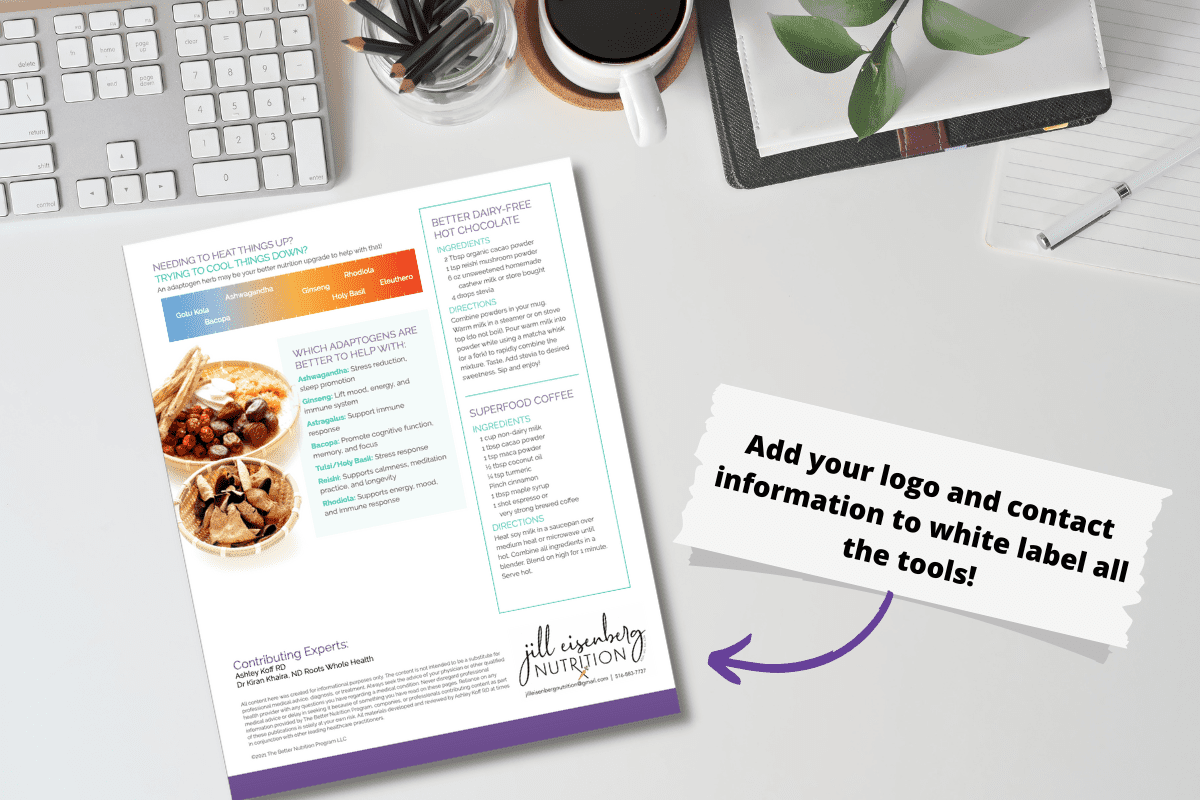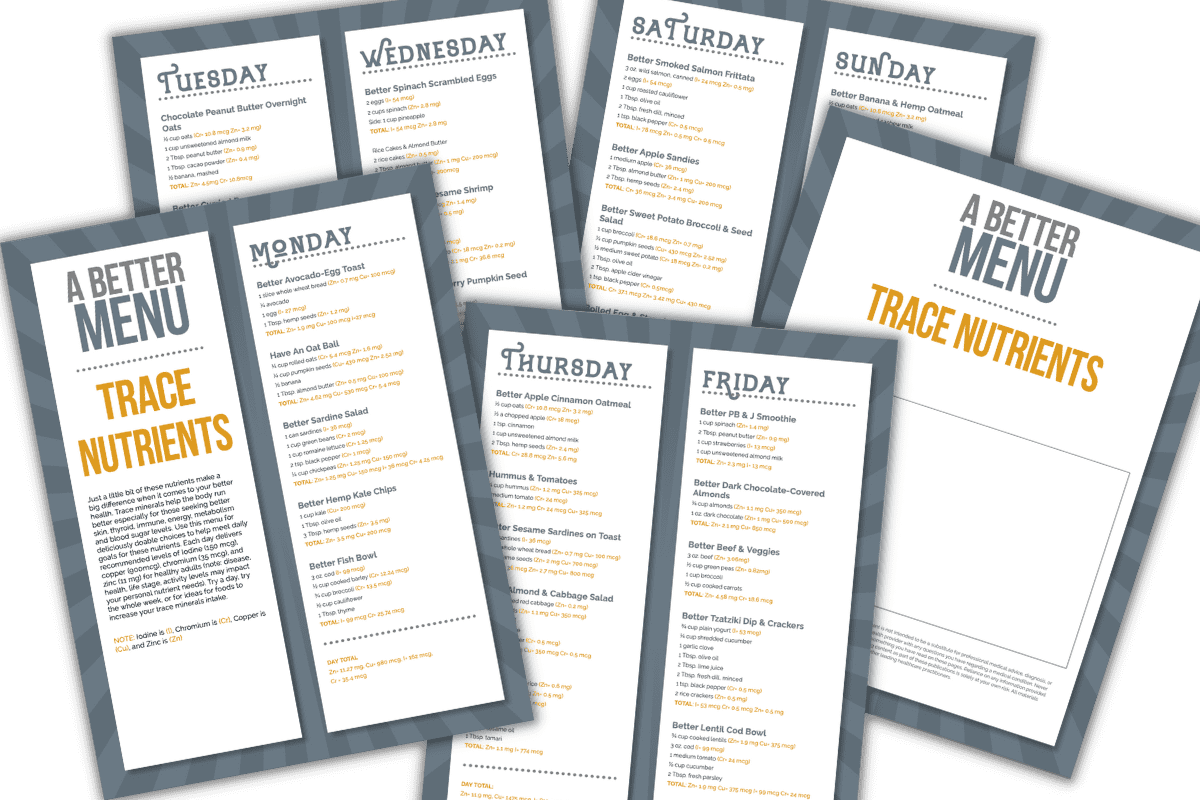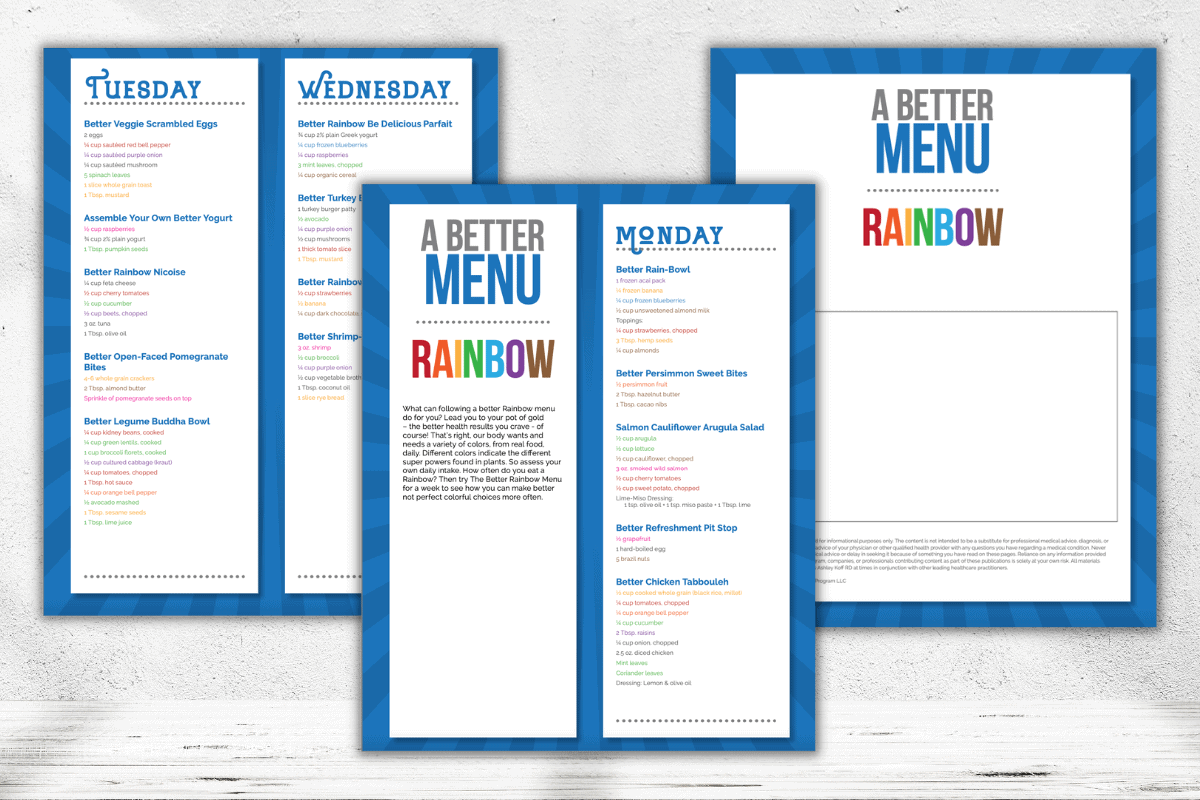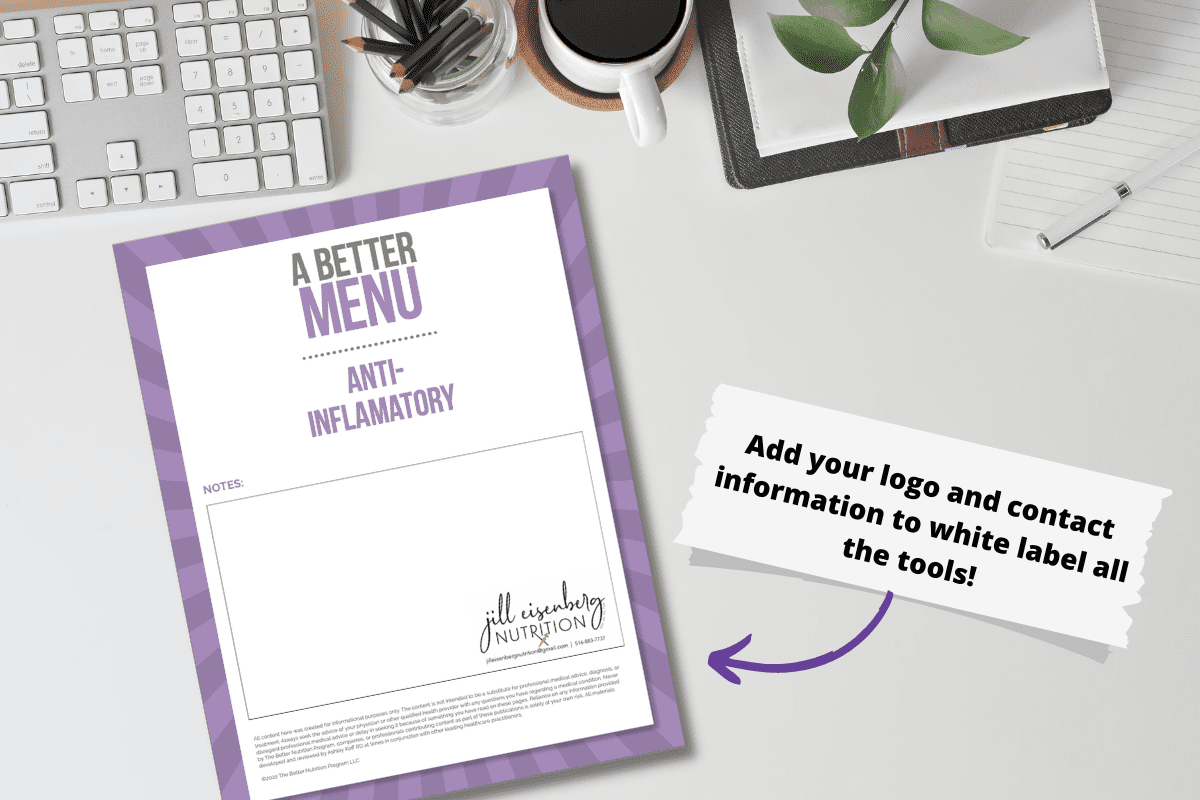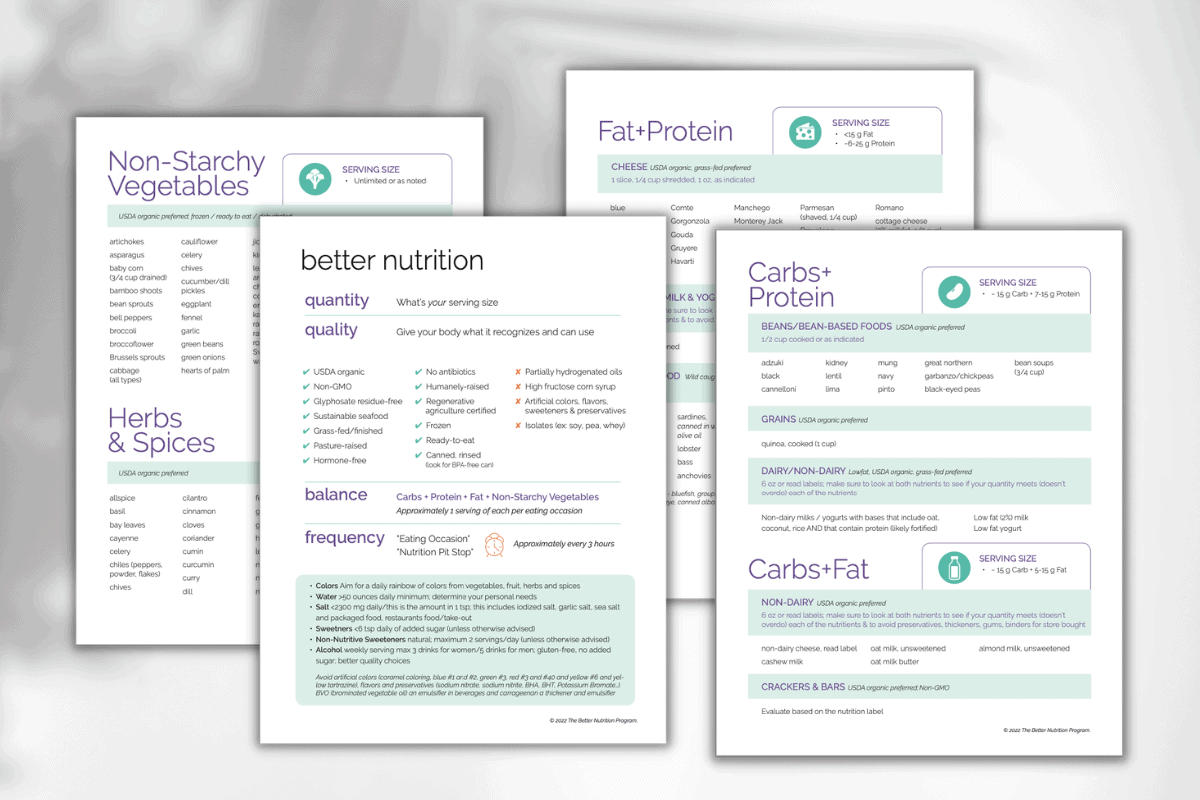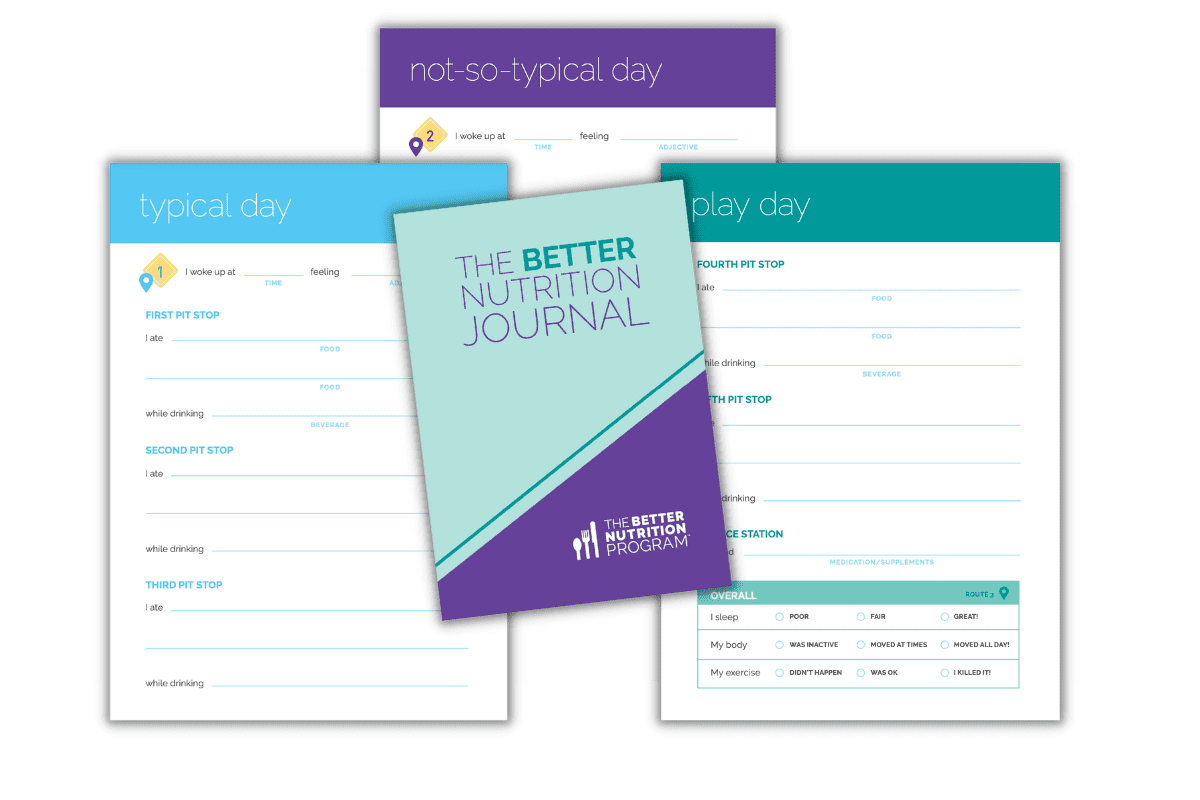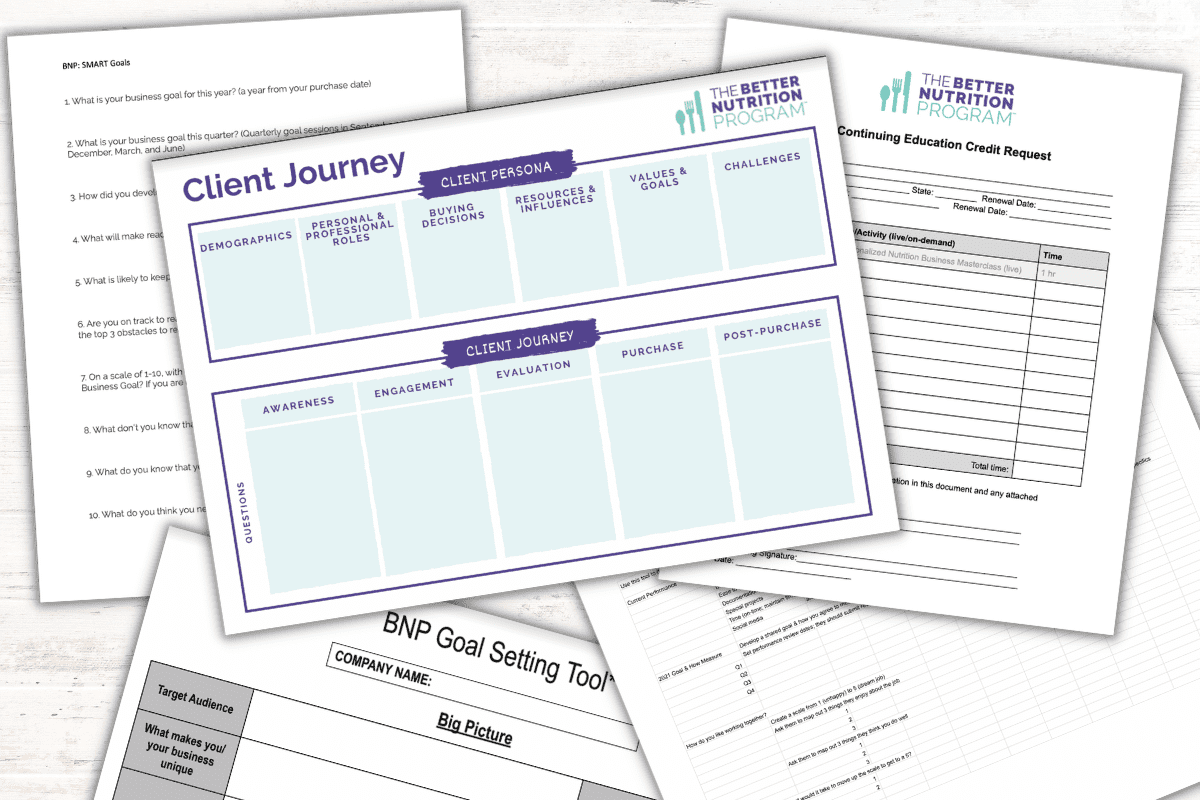Are Seed Oils Bad or Can Some Seed Oils Be Better for You?
In the ever-evolving debate about fats, seed oils have found themselves in the spotlight. Some claim all seed oils are harmful, while others point fingers at specific types as contributors to chronic disease and weight gain. On the flip side, some experts argue that certain seed oils offer valuable health benefits. And, of course, there are those who dismiss the entire conversation as “seed-wash” (think hogwash, but for seeds!).
So, why should you care?
Well, the fats you consume play a significant role in many areas of health—from your skin and joints to your heart, brain, and hormones. In other words, it’s not just about aesthetics; your fat choices directly impact your body’s ability to function optimally.
As I like to say, “Better nutrition gives your body, today, what it needs to run better, while reducing and avoiding what can irritate, overwhelm and disrupt its efforts.”
Let’s dive in and explore whether the seed oils you’re using are helping or hurting your health—and how to make smarter choices for a better-balanced life.
When can seeds be good for your body?
Seeds are the starting point for plants, and plants are well-known for their health benefits. Naturally, seeds can offer a wide range of advantages for your body too. Here’s a quick look at some seeds that pack a nutritional punch:
- Flax – omega fatty acids & great quality fiber.
- Chia – rich in antioxidants & high in protein.
- Sesame – good source of calcium & healthy fats.
- Hemp – complete protein & rich in omega-3 and omega-6.
- Sunflower – high in vitamin E & supports heart health.
- Pumpkin – packed with vitamins A and C & supports eye health
If these seeds are so beneficial, what about their oils? Let’s dig deeper.
Are these seed oils healthy for you?
So if seeds have all these health benefits, it would seem that these seed oils would be good for your body too? Not so fast…
How seeds are grown—the soil quality, air, water, and use of pesticides—affects their health value. Then, there’s the extraction process, which can strip away vital nutrients, making the oil less beneficial than consuming whole or ground seeds.
Additionally, how often you consume these oils and your individual genetic makeup will affect their impact on your overall health. Storage conditions, cooking temperatures, and even what you pair them with can alter their health effects. For example, sesame oil might be considered healthy, but if it’s consumed with a lot of added sugar like a sweetened treat with seeds on a regular basis, it loses its “healthy” status as a balanced part of your diet.
So is it true that there are seed oils out there that will kill us?!
Now we get to the seed oils that often cause the most concern. These include oils made from cottonseed, corn, soybean, canola/rapeseed, safflower, and the infamous “vegetable oil” (that one wins for smart marketing because who is ever going to say a vegetable is bad for you?!). Many of these oils are prevalent in highly processed foods and restaurant meals, and they come with several issues.
These seed oils have some problems we don’t tend to see in the others.
Let’s go over a few…
- Cottonseed Oil: Cotton is not something we are meant to consume. It contains a toxin “gossypol” which is harmful to humans. It is a cheap source that stands up well in processed foods, and because science can do a lot in a chemistry lab, they’ve produced a version with a lower amount of that toxin. Some call that safe, we call it not better.
- Corn and Soybean Oils: These oils are often made from genetically modified seeds where an increased amount of glyphosate is applied to the soil or for the harvesting of these seeds. This falls under not better for us, even though soybean oil has a very nice omega 3 fatty acid amount.
- Canola Oil ( this is a modified version of rapeseed oil): While this oil contains omega-3s, it also has a complicated history due to its extraction methods (often using hexane) and its erucic acid content, which may be problematic. We suggest using it sparingly and checking the ingredient lists on processed foods and non-dairy milks, which often contain canola oil.
How can you know if seed oils are a problem for you?
Don’t guess! Let’s test your blood and evaluate your overall health to see if your body is sending signals that it doesn’t like your seed oil choices. Tests like these can help:
- Cardio IQ: Evaluates your cardiovascular health.
- Omega Quant: Measures your omega-3 and omega-6 fatty acid levels.
- Apo A & B: Assesses your lipid metabolism and cardiovascular risk.
- Triglycerides, LDL-c, LDL-p, and Lp(a): Provides a detailed breakdown of your cholesterol profile.
- hsCRP (and maybe sed rate), ferritin: Looks at inflammation in your body.
- Intestinal permeability, zonulin, food intolerances: Evaluates gut health and food sensitivities.
- AST/ALT and liver health: Checks liver function and how well it’s processing fats.
- Allergies/Aches and pains: Could indicate your body’s reaction to certain fats or seed oils.
Finding Your Better Balance: How to Enjoy Seeds and Better Health
With so many factors to consider, managing your seed oil intake may feel overwhelming—but it doesn’t have to be. The key is finding balance. At The Better Nutrition Program (BNP for short—and because it stands for Better Not Perfect), we offer personalized nutrition guidance that helps you make smarter choices about fats, including seed oils.
Our resource library is filled with practical tips on purchasing, storing, and using seed oils, as well as sample menus and customizable nutrition plans. Whether you need help understanding how much and how often to include them in your diet, or you’re looking for a better balance of fats, we’re here to help.
Ready for truly personalized nutrition? Book a time with us here. Better health starts with better choices!




